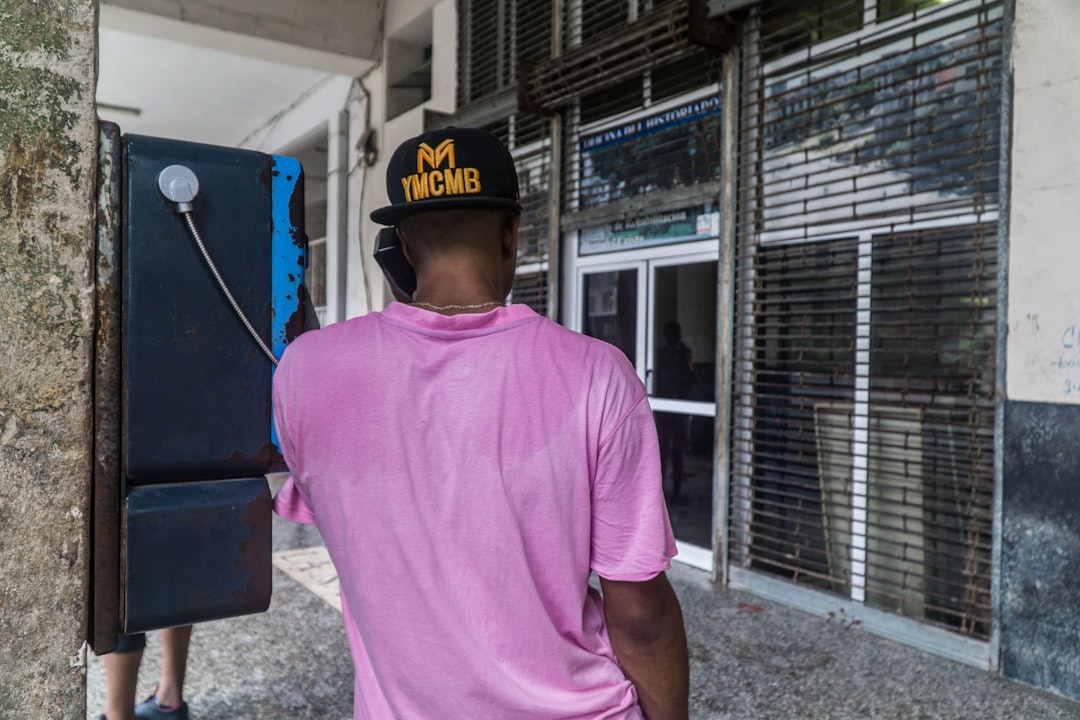In Illinois, the "Do Not Text" laws protect residents from unwanted marketing text messages, including those from healthcare providers. Violations can lead to severe fines and legal issues. Chicago's regulations specifically prohibit promotional texts related to healthcare services, with explicit patient consent required for communication (except in emergencies). Healthcare providers must comply or face penalties, reputational damage, and potential legal action from Do Not Text Lawyers or Attorneys in Chicago. Adherence involves training staff, obtaining consent, maintaining records, using technology blocks, and regularly reviewing policies to stay compliant with state and federal regulations, including the Do Not Text Laws in Chicago. Seek expert guidance from specialized law firms for navigation and enforcement.
“In the competitive healthcare landscape of Chicago, adhering to Illinois’ strict ‘Do Not Text’ laws is paramount. This comprehensive guide aims to equip healthcare providers with a thorough understanding of these regulations. From the definition of covered entities to the consequences of non-compliance, we explore critical aspects like patient privacy and consent. Additionally, we offer practical advice on ensuring adherence, including strategies for managing patient communication effectively. For legal expertise tailored to Chicago’s Do Not Text Laws, consider consulting a specialized Do Not Text Lawyer or Spam Call law firm.”
Understanding Illinois' Do Not Text Laws: A Comprehensive Guide

In Illinois, the Do Not Text laws are designed to protect individuals from unwanted text messages, especially those related to marketing and solicitation. These regulations are part of a broader effort to curb spam calls and texts, ensuring residents’ privacy and peace of mind. The law explicitly prohibits businesses, including healthcare providers, from sending unsolicited text messages for promotional purposes. This means that a Do Not Text lawyer Chicago or Do Not Text attorney Chicago is not just a legal professional but someone who specializes in navigating these specific laws to protect clients’ rights.
For healthcare providers, adhering to these laws is crucial. A violation can result in significant fines and legal repercussions. If you are a resident of Chicago and believe your rights have been infringed upon by unsolicited text messages, contacting a reputable Do Not Text lawyer Chicago or Spam Call law firm Chicago is recommended. These legal experts can guide individuals on how to file complaints and take necessary actions against offenders, ensuring that the Do Not Text Laws Chicago are enforced effectively.
Who is Covered by the Do Not Text Regulations in Chicago?

In Chicago, the “Do Not Text” regulations, pertaining to healthcare providers, are part of a broader effort to protect individuals from unwanted text message spam. These laws extend to a wide range of professionals in the healthcare sector, including doctors, hospitals, pharmacies, and any entity offering medical services. The primary goal is to prevent excessive or unsolicited texting, ensuring patients’ privacy and consent.
The regulations specifically target those who might send promotional or advertising texts related to healthcare services. This means that healthcare providers must obtain explicit consent from patients before initiating any text communications, except in emergency situations. Anyone violating these laws, as enforced by Do Not Text Lawyers Chicago or similar legal experts, could face penalties, making it crucial for healthcare firms to adhere to the Do Not Call law firms Chicago guidelines and engage only with authorized representatives of patients.
The Impact of Violating Anti-Spam Texting Laws in Healthcare

Violating anti-spam texting laws in the healthcare sector can have significant consequences for providers in Illinois. If a healthcare organization or individual practitioner sends unsolicited text messages promoting services or communicating with patients, they risk facing severe penalties. Fines and legal actions against Do Not Text Lawyers or Do Not Text Attorneys in Chicago can result from such violations, as these laws are strictly enforced to protect consumers from unwanted communication.
In addition to financial repercussions, reputational damage is another critical impact. Patients who receive unsolicited texts may perceive it as a breach of privacy and trust, leading to decreased satisfaction and potential loss of business. Therefore, healthcare providers must ensure strict compliance with Do Not Text Laws in Chicago, employing alternative communication methods like email or patient portals to stay within legal boundaries and maintain positive relationships with their clientele.
Rights and Responsibilities of Health Providers Under Illinois Law

In Illinois, healthcare providers have specific rights and responsibilities regarding communication with patients, including restrictions on text messaging. The Do Not Text Law applies to all health care facilities, physicians, and medical staff. This means that healthcare providers in Chicago cannot send unsolicited text messages to patients for any purpose, including appointment reminders or marketing. Violations of this law can result in penalties, as well as damage to a provider’s reputation.
The Do Not Text Lawyer or Do Not Call Attorney in Chicago plays a crucial role in ensuring these laws are upheld. If you’re a healthcare provider facing issues with compliance or if you’ve received inappropriate text messages from a law firm promoting their spam call services, consulting with such an attorney can help clarify your rights and obligations under Illinois law. They can guide providers on effective communication strategies that adhere to the Do Not Text Laws while protecting patient-provider relationships.
How to Ensure Compliance with Do Not Call/Text Regulations

To ensure compliance with Illinois’ Do Not Text laws, specifically tailored for healthcare providers, it’s crucial to implement robust internal policies and training programs. Healthcare organizations in Chicago should educate their staff about the restrictions on text messaging, including the Do Not Text registry. This involves verifying patient consent, obtaining opt-in permissions, and maintaining detailed records of communication preferences. By doing so, they can prevent accidental violations and ensure compliance with both state laws and federal regulations, such as HIPAA (Health Insurance Portability and Accountability Act).
Additionally, employing technology solutions designed to block unauthorized texts and calls is a strategic move. Chicago law firms specializing in Do Not Text and spam call regulations can offer guidance on implementing these tools effectively. These systems not only filter out unwanted messages but also provide valuable data analytics, helping healthcare providers monitor their communication practices and stay within legal boundaries. Regular reviews of compliance policies are essential to adapt to changing regulations and protect both patients’ rights and the integrity of healthcare organizations.






